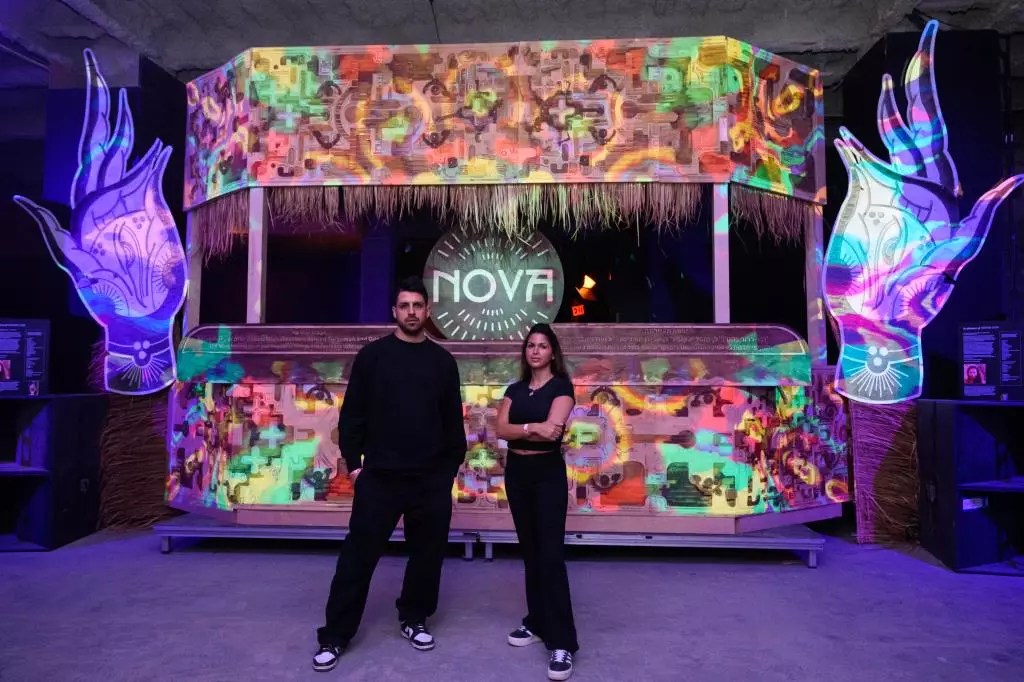An exhibit titled “6:29 AM The Moment Music Stood Still” opened in New York City last week, honoring the victims and survivors of the tragic Nova Music Festival. The exhibit showcased bullet-ridden bathroom stalls, burnt cars, and heartbreaking testimonials from those who were present on October 7. This was a day when Hamas terrorists attacked the festival, killing 370 people and kidnapping 44. The total death toll in Israel on that fateful day amounted to 1,200, with around 240 individuals being taken hostage.
Scooter Braun, who played a role in bringing the exhibit from Tel Aviv to the United States, emphasized the importance of educating people about the tragedy. He stressed that it is not a political or religious issue, but rather a music festival – a space for peace and love. Braun urged attendees to see themselves in that moment of terror, reminding them that such events could happen at any festival, including Coachella or Governors Ball.
Several survivors of the massacre were present at the exhibit, sharing their harrowing experiences. One survivor, Tomer Meir, described how the joyous atmosphere of the festival quickly turned into a nightmare at 6:29 AM. He recounted being near his car when it was hit by a rocket, forcing him to seek shelter in a tunnel. Amidst the chaos, Tomer witnessed the brutality of the attackers, with armed individuals firing at innocent festival-goers.
Tomer expressed his gratitude for the support of fellow survivors, emphasizing the importance of the Nova community in the healing process. Despite the trauma he endured, Tomer recognized the strength in unity among survivors. However, he acknowledged the long road ahead in recovering from the psychological scars left by the tragedy.
The exhibit provided viewers with a firsthand look at the aftermath of the festival, displaying discarded items and remnants of the chaos. One particularly heartbreaking element of the exhibit was a recording of a final phone call made by Romi Gonen, who was still held hostage in Gaza, to her mother. Additionally, the exhibit shed light on the sexual assaults that occurred during the festival, involving members of Hamas.
Yoni Feingold, one of the founders of Nova, highlighted the international nature of the festival, with attendees and performers from various parts of the world. He emphasized the need to recognize that the tragedy transcended borders, impacting individuals from different countries. The exhibit aimed to convey the message that the attack was an affront to the global music community, rather than just a localized incident in Israel.
The exhibit served as a poignant reminder of the devastating consequences of the Nova Music Festival tragedy. Through the powerful testimonies of survivors and the visceral displays of the aftermath, viewers were able to gain a deeper understanding of the impact of such senseless violence. It is crucial to continue honoring the memories of those lost and supporting the healing journey of the survivors, while also advocating for peace and unity in the face of adversity.


Leave a Reply